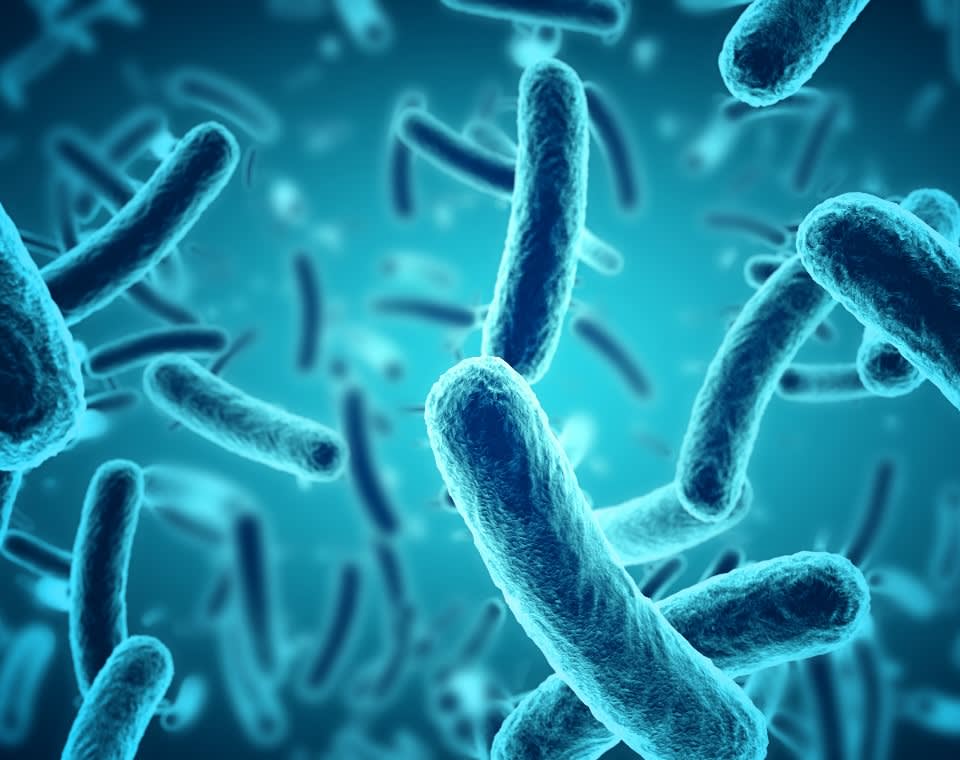Fibre has long been known for its role in digestion, but new research is revealing its much broader impact on our health. From balancing your gut microbiome to boosting mental wellbeing and even mimicking the effects of popular weight-loss drugs, fibre is earning its place as one of the most important (and underestimated) nutrients in our diets.
A Feast for Your Gut Microbiome
Your colon hosts trillions of microbes, many of which rely on dietary fibre to thrive. These microbes ferment certain types of fibre, producing short-chain fatty acids (SCFAs) like butyrate and propionate—powerful compounds that help reduce inflammation, improve gut barrier function, and influence everything from immunity to mental health.
Want to understand your own levels of short-chain fatty acids and the microbes that produce them? Find out more with our Complete Microbiome Mapping (PCR) Check.
But not all fibre is the same. Fibre encompasses a complex mix of plant-derived compounds, including cellulose, pectin, lignin, hemicellulose, and resistant starch. Some of these are fermentable (used by gut microbes), while others are not—but both types are vital for health.
Why Fibre Is More Than Just Roughage
Fibre isn’t just "rough stuff" that sweeps through your gut. Soluble fibre can absorb water, swell, and slow digestion, helping you feel full longer and stabilising blood sugar. Insoluble fibre adds bulk to stool and prevents constipation. Fermentable fibres fuel your gut bacteria and contribute to the production of SCFAs, which have wide-ranging benefits, from reducing appetite to supporting cardiovascular health.
Nature’s Ozempic?
Some types of fibre can stimulate the release of gut hormones like GLP-1 and PYY, which suppress appetite and slow gastric emptying—similar to how drugs like Ozempic work. Legumes, oats, and cooled starches (like cold pasta or potatoes) are particularly good sources of these fibres.
The Inflammation Link
A low-fibre diet can weaken the gut's protective mucous layer, allowing bacteria and toxins to enter the bloodstream. This triggers low-grade systemic inflammation, which is linked to many chronic diseases, including heart disease, obesity, and even depression. Fibre helps preserve that mucous barrier and prevent this immune overactivation.
How Much Fibre Do You Really Need?
Most health guidelines recommend 25–35 grams per day, but average intake is under 20 grams. Research shows that just adding 7 grams a day—the amount in a serving of baked beans—can significantly reduce disease risk. Hitting the 30g mark consistently may lower your risk of heart disease, diabetes, stroke, and certain cancers.
Fibre Sources That Work Harder
Not all fibre-fortified foods deliver the full benefit. Whole foods like legumes, fruits, vegetables, nuts, seeds, and whole grains contain a diverse range of fibres with unique health effects. Synthetic or isolated fibres added to processed foods often lack this complexity.
Fibre Hacks to Help You Hit 30g Daily:
- Start your day with oats or a chia pudding
- Add legumes to salads, soups, or dips
- Snack on nuts, popcorn, or dried fruit
- Choose wholegrain or cooled pasta and rice
- Load up on fibrous fruits like raspberries, passion fruit, and avocado
The Bottom Line
Fibre isn’t just for regularity. It’s foundational for gut health, metabolic balance, immune support, and even mental wellbeing. So if you’re not getting your 30 grams a day, it might be time to get the fibre party started.
Explore Your Gut Health
To delve deeper into your own gut microbiome and understand your levels of short-chain fatty acids (SCFAs), consider the Complete Microbiome Mapping (PCR) Check. This comprehensive test provides insights into your gut bacteria and their metabolic outputs, helping you tailor your diet for optimal health.

Lawton, G. (2024, April). We’re finally uncovering fibre's remarkable benefits for body and mind. New Scientist. Retrieved from https://www.newscientist.com
